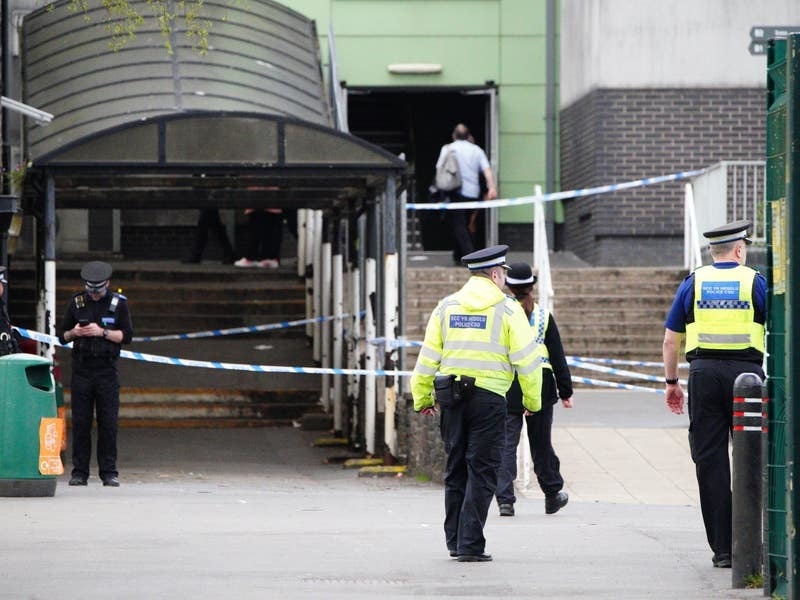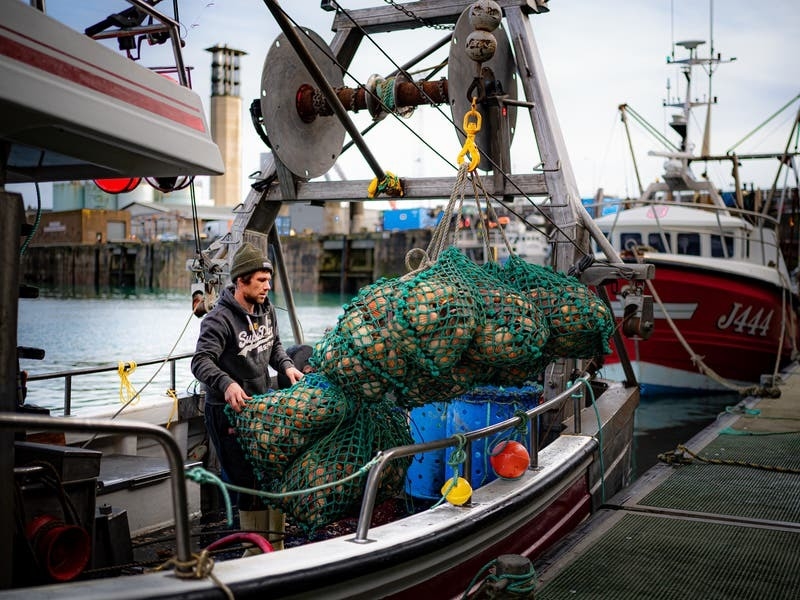A recent update about the Island’s Brexit readiness, released by the External Relations Department, found that the Island had a ‘critical dependence’ on freight deliveries from Portsmouth and that Jersey needed ‘greater resilience’ in the supply of food and goods.
External Relations Minister Ian Gorst said that the government was aware of the Island’s ‘dependence’ on Portsmouth International Port as a ‘critical supply point’ but was confident in the present arrangements.
Government figures show that almost 95% of the goods needed to sustain the Island’s economy and population come via Portsmouth. The Commodore Goodwill and Commodore Clipper, owned by Condor, are two of the ships which supply the Island with freight, including food, from Portsmouth.
Senator Gorst said: ‘During the period where a no-deal Brexit was an increased possibility, work was undertaken by the One Government Brexit Team, Brexit Unit, Condor Ferries, logistics companies, local retailers and the Local Resilience Forum to mitigate any negative impacts on Portsmouth and to ensure the continuity of our supply chain.
‘We have confidence in those arrangements, and the work of the ferry operators and retailers to ensure the continued resilience of our regular supply of food and other essential goods – especially now the risk of a no-deal has diminished.
‘The government will continue work to monitor and assess potential risks to our food supply chain, under the direction of the Emergency Planning Office.
‘This will include exploration with the ferry operators and retailers of alternatives and mitigations that could be enacted in the event of an emergency.’
Concerns have previously been raised that a no-deal Brexit could have led to hold-ups and checks at international ports. However, the resounding Conservative victory in last month’s general election has reduced the risk of Britain exiting the European Union without a deal.
In the report, Senator Gorst says that while getting Jersey ‘Brexit ready’ has been a massive challenge – in particular preparing for a potential no-deal scenario – much has been learnt during the process.
In his executive summary, the minister says that the 3½ years of Brexit preparations had been ‘characterised by uncertainty’.
‘[This] has been met head-on by a perseverance and dedication to ensure that Jersey, in whatever path Brexit takes, is as prepared as it possibly can be,’ he said.
‘With every threat of no deal, coupled with every extension, the work of officials and fellow ministers has placed the Island in an enviable position – we now have a much greater understanding of our Island, and of where we can improve.
‘We are ready for the next phase and bringing Jersey into the post-Brexit world in the best possible position.’
The report adds that the work has particularly helped to enhance understanding of the Island’s supply chains, which would have been threatened by a no-deal Brexit, and the heavy dependency on freight arriving from Portsmouth.
‘An unintended positive outcome has been the development of a far better understanding of Jersey’s overall contingency and emergency planning priorities and processes,’ it says
‘The necessary focus on our northern [UK] supply-chain has brought into sharp focus our critical dependence on Portsmouth International Port, and has highlighted the need for the Island to explore alternatives and mitigations to ensure greater resilience to our regular supply of food and goods.’






